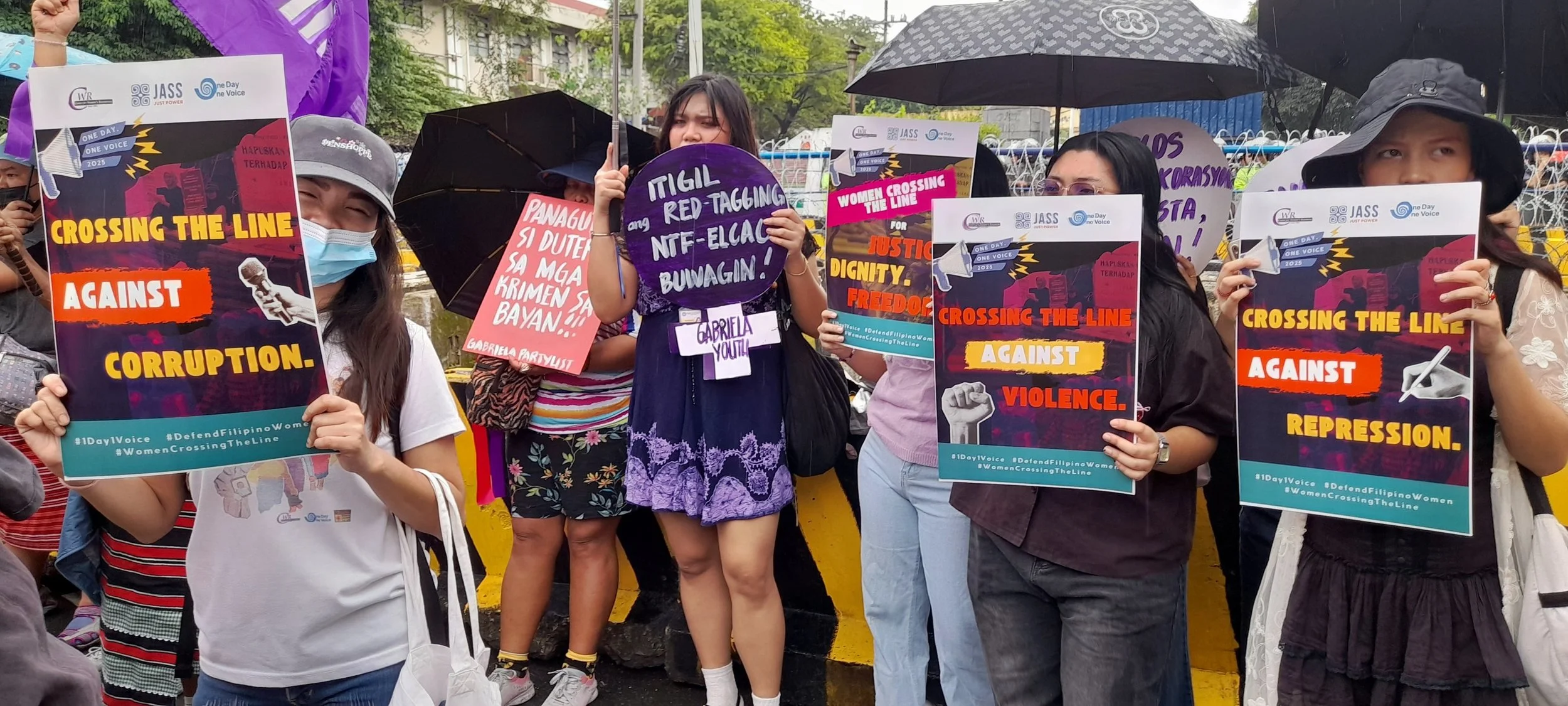On IDEVAW, CWR Highlights Rising Violence and Demands Justice for Women and Girls
The Center for Women’s Resources (CWR) joins the global observance of the International Day for the Elimination of Violence Against Women (IDEVAW) this November 25, a date that marks the brutal assassination of the Mirabal sisters – political activists murdered in the 1960s in the Dominican Republic under the Trujillo regime. Their legacy endures as a powerful symbol of women’s resistance to state repression, gender-based violence, and systems that silence and endanger women.
Today, IDEVAW stands as a global call to raise awareness, demand accountability, and work toward ending violence against women and girls. It reminds us that such violence is not inevitable. It can be prevented, but it requires collective action.
Violence against women (VAW) persists at alarming levels. Globally, one in every three women experience physical or sexual violence in her lifetime. In the Philippines, the Philippine National Police (PNP) recorded 12,046 cases of VAW from January to November 2024, indicating that approximately 36 women are subjected to violence every day. Yet only one in 10 cases is reported. Many women remain silent due to victim blaming, lack information about where to seek help, and deep distrust in authorities.
Survivors are often made to feel responsible for the abuse they endured – discouraging them from speaking out or seeking support. This silence is reinforced by repeated experiences of harassment, neglect, or worse, violence from individuals in positions of power.
Some women face heightened risks, particularly during crises. In poor and marginalized communities, disasters, economic instability, and displacement exacerbate women’s vulnerability. In rural and militarized areas, intensified military operations expose women and children to increased threats of abuse, exploitation, and gender-based violence.
These conditions persist because violence is rooted in a feudal-patriarchal system that shapes social institutions such as the family, religion, education, and mass media. This system upholds unequal power relations, expecting women to be obedient and dependent, while protecting those who wield authority from accountability. The result is a toxic combination of victim blaming, a culture of silence, and widespread impunity that normalizes violence and prevents women from seeking or obtaining justice.
As we commemorate IDEVAW, CWR reiterates its call for urgent and concrete action. Laws must not only be strengthened but fully and consistently implemented, Ending violence requires not only policy but also public investment in shelters, safe spaces, and free, accessible, and survivor-centered services.
It must be reiterated, violence thrives where poverty is widespread. It worsens when resources are plundered, when corruption diverts public funds away from social services, and where the systems of power remain unaccountable. Communities must be empowered to challenge these, confront impunity, and dismantle the structures of oppression and exploitation that place women at risk.
CWR stands with all women who continue to resist abuse, corruption, and impunity. We call on the public to learn, speak out, organize, and act. Violence against women is not only a women’s issue—it is a societal crisis that demands our collective courage, commitment, and action. #


